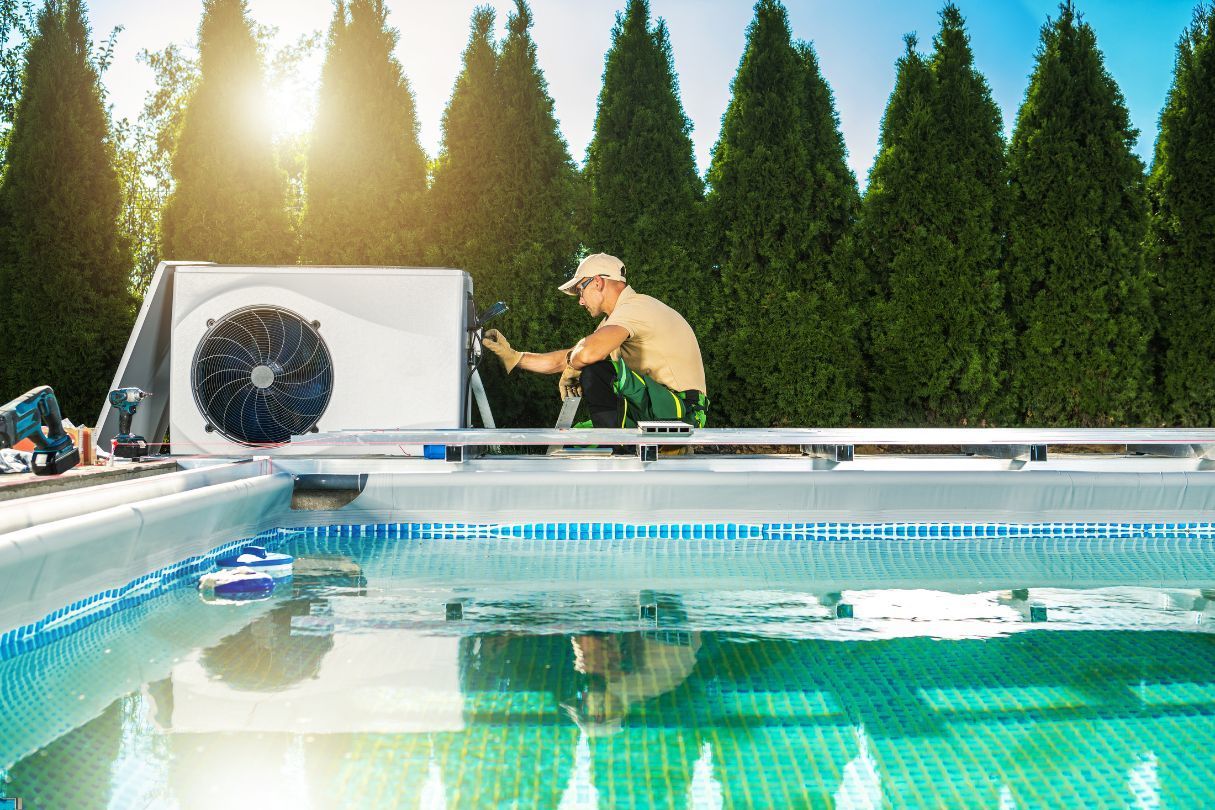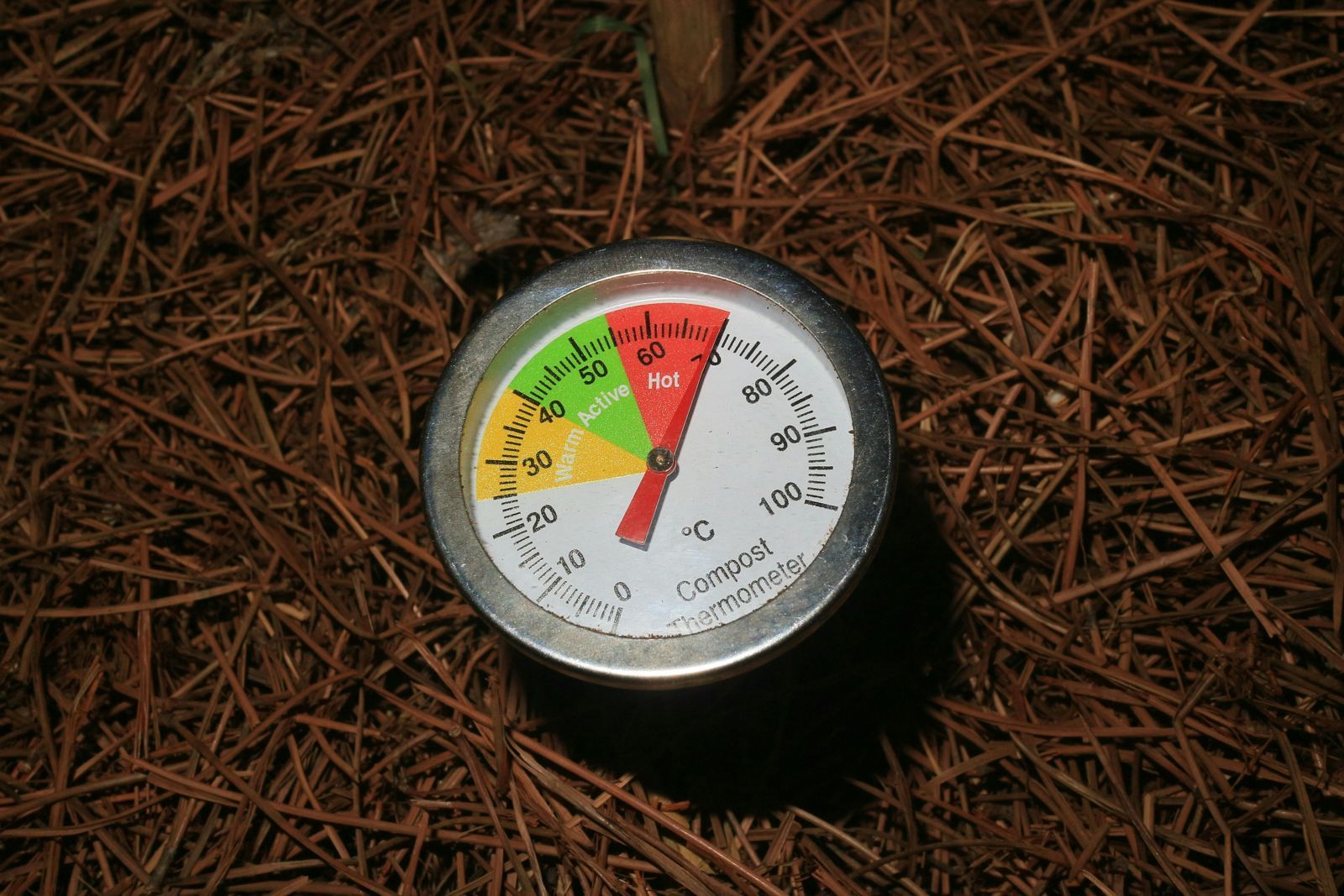The Advantages Of Heat Pumps For Swimming Pools

When installing a pool to your property, you should look for the most energy efficient technology in order to reduce the impact your pool has on the environment, a heat pump could be the answer. Heat pumps for swimming pools are a great option due to their redeeming qualities, such as their energy-efficiency, ecologically friendliness and their ability to provide constant heat to maintain the water temperature. This blog post will allow us to search for the best option for your pool heating needs.
Energy Efficient Heating Solution
One of the primary
advantages of heat pumps for swimming pools is their energy
efficiency. Heat pumps function by transporting heat from the
air or
ground to your pool water, as opposed to standard gas heaters, which generate heat through
combustion. This makes heat pumps a more ecologically responsible and cost-effective way to heat your swimming pool. Heat pumps use
natural heat from the air or ground to deliver consistent and efficient heating while
decreasing energy usage and running expenses.
Consistent Heating Performance
Heat pumps are able to provide
consistent heating to keep the water temperature comfortable, whereas
gas heaters struggle to maintain consistent temperature and are also more
harmful to the environment. Heat pumps are a suitable option for keeping your pool
comfortable all year round due to their wide temperature range, allowing you to continue swimming even in to the
colder months.
Environmentally Friendly Choice
Heat pumps are both energy
efficient and an environmentally
friendly way of heating your swimming pool. Heat pumps work by using
natural sources such as the air or the earth and transferring that heat to wherever it is needed, which results in
fewer greenhouse gases and a
smaller impact on our future. Heat pumps are a
sustainable way of
reducing your footprint when it comes to warming your pool.
Cost-Effective Pool Heating
The cost of
installing a heat pump to your property is slightly
higher than that of a standard gas heater, however the
savings you will make
long term, along with the high energy
efficiency, will make it the most
cost-effective solution. Heat pumps have
lower operating expenses as opposed to your traditional gas heater, allowing you to
save money on your energy
bills over time. As well as these
benefits, heat pumps also have a longer
lifespan and will require
less maintenance, increasing your savings and your systems' reliability.
Heat pumps provide a versatile solution to heating your swimming pool, they are a popular choice for pool owners due to the sustainability, constant heating ability and energy efficiency which leads to lower bills. With the help of a heat pump, you can create a comfortable swimming environment, even in the colder months. Consider the benefits we have discussed when searching for an efficient way to heat your pool, make the change today and save money on your energy bills.
You might also like











